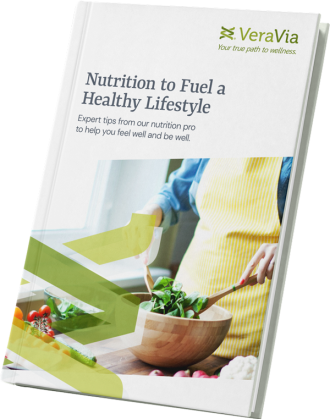According to a recent Gallup poll, the average age that most Americans retire has increased to 62. Unfortunately, if you don’t establish the right types of healthy patterns long before retirement, your golden years might be less rewarding than you anticipate. Since Americans are now living longer and working longer, making and maintaining the right lifestyle choices is important to support you during an active and rewarding retirement. Here’s how.
Establish new patterns, starting today
Don’t wait until you’re retired to start exercising, eating right, and releasing stress. Creating patterns in your life now to deal with these pressures will set you on the right track for tomorrow. Select healthy lunch and dinner options and find ways to work exercise and stretching into your day, even if it requires getting up a half hour early, taking a 20-minute speed walk during your lunch break, or winding down the day with nighttime yoga before bed. The hardest part of creating a new habit is getting started.
Use your hobbies to your advantage
To incorporate more physical activity into your life, simply pursue more of the hobbies you love, or use this as an excuse to try something you’ve always wanted to. Kayaking and cycling are excellent outdoor options to load up on bone-healthy vitamin D, while dance and aerobics can get your heart pumping while promoting stronger ties with your class or partner.
Train for an event
You can begin training for a marathon, triathlon, or walk-a-thon to kickstart a more healthy lifestyle. Many events are open to all ages and there are often specific events for
older Americans. As an added incentive, train for an event that relates to a cause or issue that’s close to your heart, such as breast cancer awareness or heart health fundraising.
Start eating right–right now
After the kids are out of the house, it can become easy to fall into a rut of frozen dinners, fast food, or restaurant meals. But stimulating your palette with fresh, healthy food now will encourage you to continue that pattern into retirement when you DO have time to prepare healthy meals throughout the day. Try replacing meat dishes with a vegetarian option at least once or twice per week.
Be kind to your bones
In October, we covered the basics for keeping your bones healthy. We can’t stress enough how important maintaining bone health is to your overall wellbeing as you age. Make sure you get enough calcium and Vitamin D by incorporating daily supplements, if necessary, eat plenty of nuts, and replace white bread products with their whole wheat alternatives to give your bones a boost.
Stay flexible
Maintaining your body’s flexibility is also important to overall health. All exercise and movement becomes difficult if your body is unaccustomed to bending, stretching and reaching. Luckily, activities like yoga, tai-chi, and even massage are geared toward keeping your body supple so you can continue to participate in physical fitness, even as you age. These activities also help to focus concentration and quiet the mind, the benefits of which can usually be felt immediately.
Establish good mental health patterns
Many people think that after they reach retirement, they’ll finally relax. But an anxious mind is hard to change overnight and decades of worried thoughts will simply follow you into retirement and can erode at your health. Establish personal patterns like long solo walks, meditation, or journaling to give yourself time to unwind. You’ll find the transition to retirement is much easier if you’re prepared to leave stressful thinking behind you.
Small changes in diet and decision-making today can have a lasting impact further down the road. Getting a head start on a healthy lifestyle will help you maintain the physical and mental function you need to make your retirement years your most productive yet.





